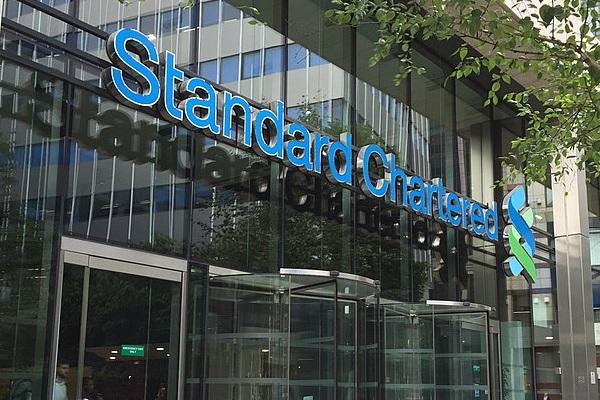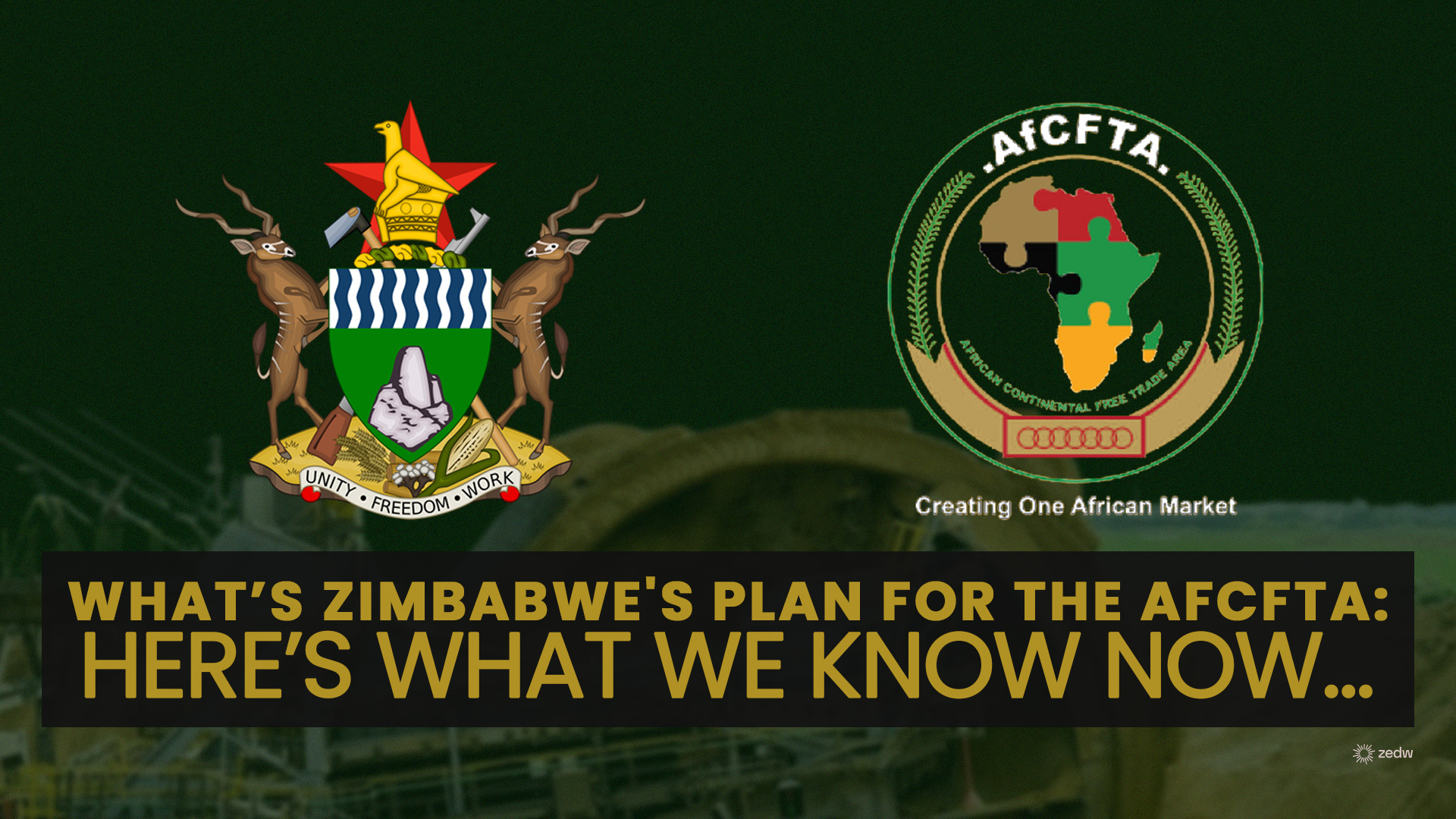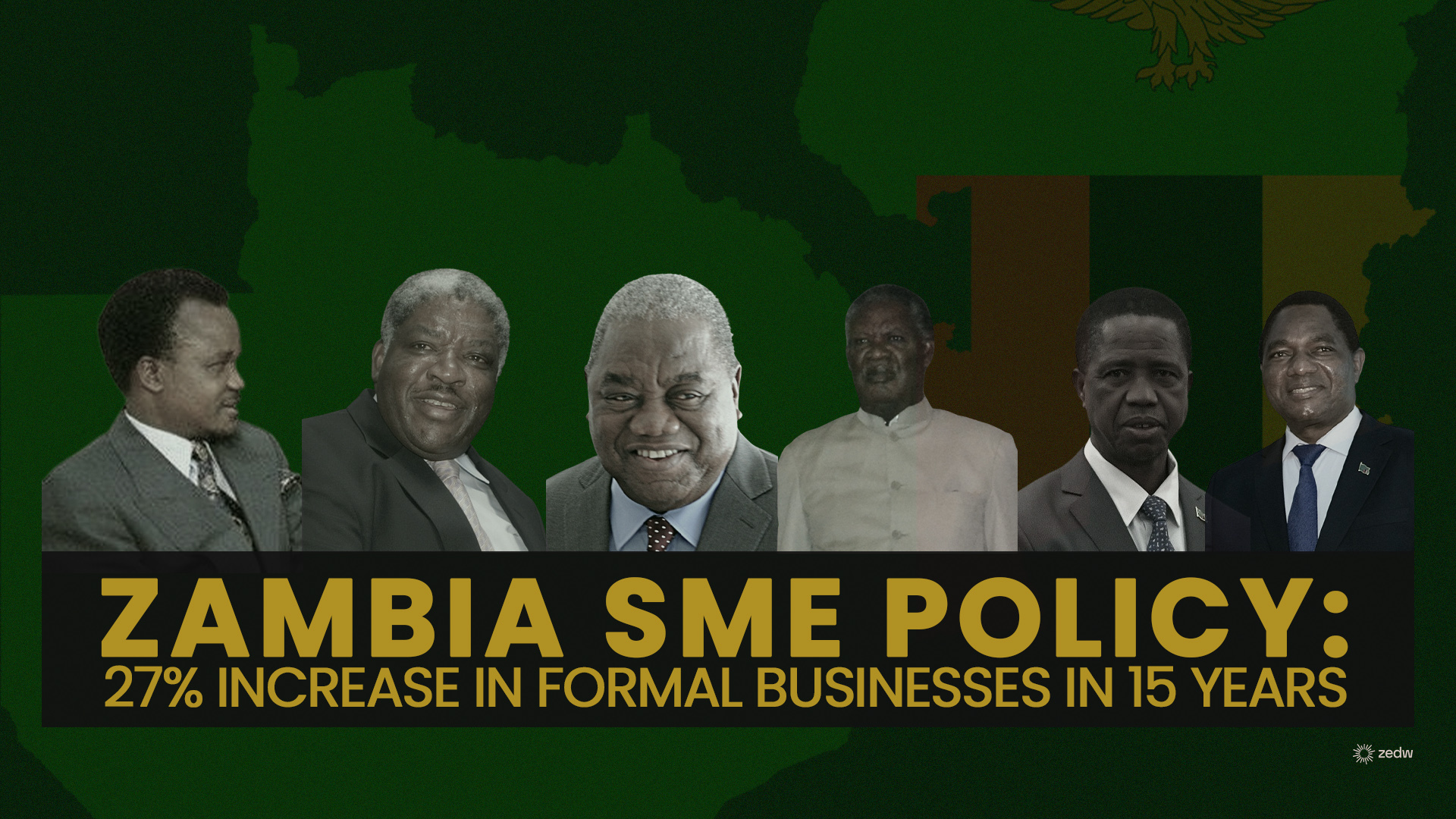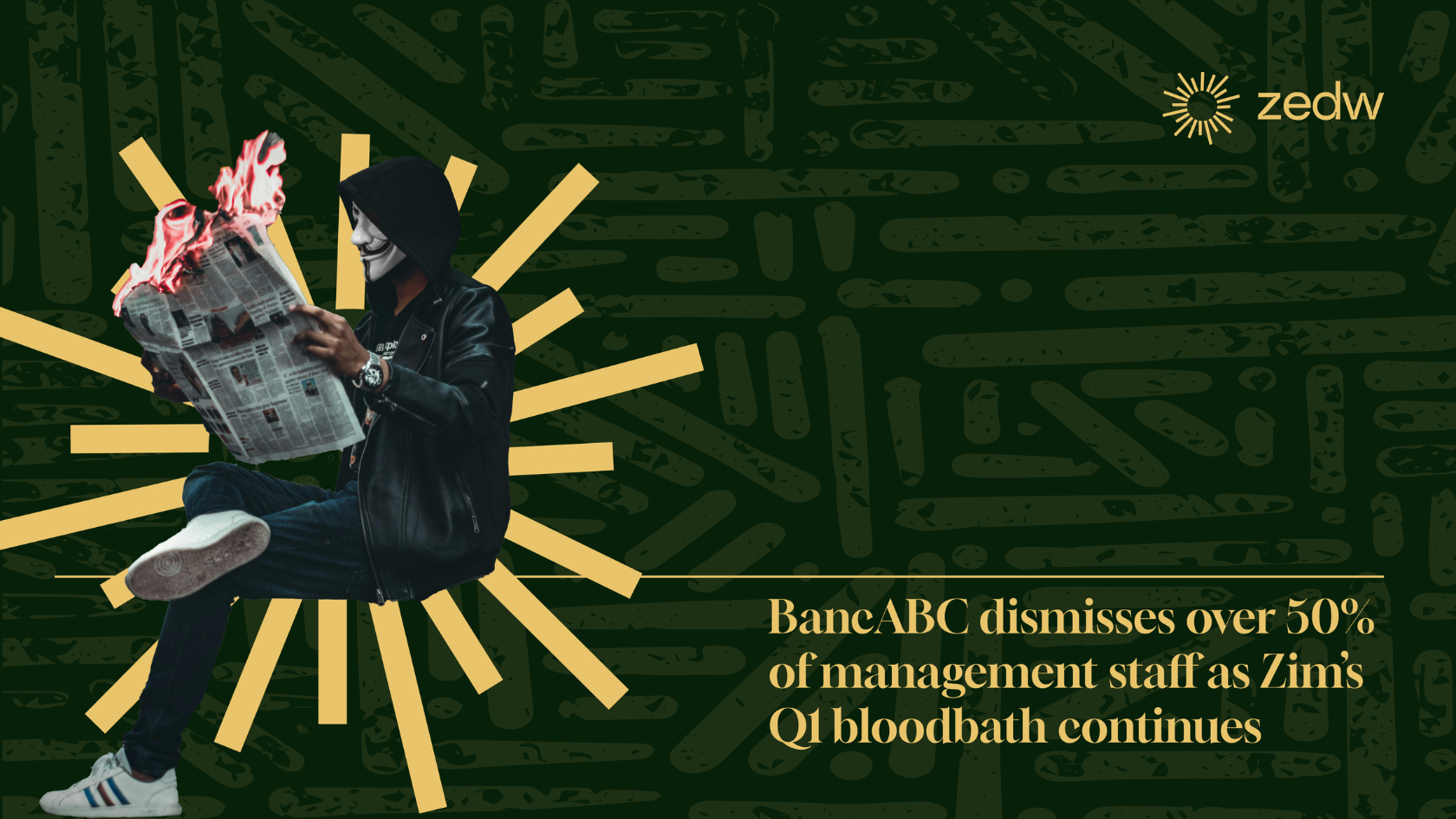One of the more intriguing banking sagas is now over, FBC has acquired Standard Chartered Zimbabwe. This epic dropped on everyone like a bombshell back last year when The Standard Chartered Group announced that it was exiting the Zimbabwean market. It should be said that Zim wasn’t alone in the Stan Chart move as the bank was withdrawing from other territories including Angola, Cameroon, Gambia, Jordan, Lebanon, and Sierra Leone.
Additionally, Standard Chartered was pulling out its consumer and business banking divisions in Tanzania and Cote d’Ivoire, with the focus
turning solely to Corporate, Commercial and Institutional Banking (CCIB). What was yet to be made public and understood by onlookers, customers and analysts on the Zimbabwe side of things was the Exit Strategy that Standard Chartered will be employing…
Well… Now we know that FBC will be acquiring 100% of Standard Chartered. Zimbabwe and the Africa Enterprise Network Trust, which holds a 20.7% shareholding in Mashonaland Holdings.
Market share is the motive
It’s not terribly hard to understand the motive behind FBC getting Standard Chartered Zimbabwe
FBC is adding a sizable 4.08% chunk of market share to its already impressive 7.04% from its banking unit and 0.62% from its Building Society. Looking at purely banking FBC from the figures above, FBC is breathing right down Stanbic's neck when it comes to market share with a banking proportion of 11.12% (discounting the Building Society).
How different or similar as these two banks when it comes to approach
We believe that a bank's story is told by its loan book and how it distributes the funds to accrue interests that depositors entrust it with. This is exceedingly easy to do for FBC but not for Standard Chartered Zimbabwe. From what we could find online, the latter's investor relations only has an annual report ending at 2014.
Although this information is dated, it can be a decent indicator of what kind of marriage we are about to witness.
If we are going just by the loan distribution of the two soon-to-be bunkmates, then it appears to be a pretty healthy merger. Using the 2014 figures that were available on Standard Chartered Zimbabwe's website with the 2022 results from FBC it appears that (if strategies didn't change on StandChart's side) these two will have a pretty robust and diverse lending facility because it appears complementary.
StanChart showed more of an appetite for agriculture, manufacturing, and individual loans than FBC. However, FBC was more eager to deploy money in mining, distribution, property and even 0.1% to local authorities.
Uncertainty is over... but there is work ahead
For customers and partners, this development is a welcome one because now business can in some respects continue with the knowledge that a way forward has been crafted.
What we will wait to see now is the outcome of this acquisition by FBC and how it changes the local banking market.








